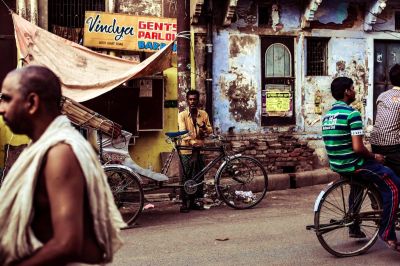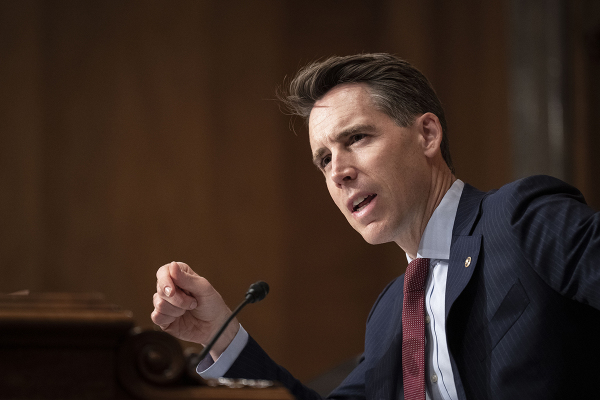The caste struggle for human equality has come to America

As if the centuries-old problem of racism were not enough, the United States is now contending with the discriminatory caste system that is generally relegated in our thoughts to a problem found only in South Asia.
Caste is a pernicious system built on an ideology that states that humans are created or born unequal. India has fiercely contended with systemic caste discrimination since its independence. And yet, even banning the practice of “untouchability” has not made any dent in the caste mindset of privileged Indians.
Oprah Winfrey helped spread the conversation about caste across America through her book club when she sent Isabel Wilkinson’s groundbreaking book entitled, Caste: The Origins of Our Discontents to corporate heads across the country. She followed it with a well-publicized interview with the author.
The interview explored how the caste system and racism together form the civilizational albatross of human discrimination. The book shows how deep-seated racism is, and how thousands of years of caste ideology give it such a firm foundation.
Oprah has been at the forefront of the attack against racism in America and beyond. Yet it is unclear how comfortable she is in addressing the caste issue because of her strong friendships with many elitist upper-caste Indian friends in business, media, and religious circles.
It is equally unclear how the book went over at Google headquarters where Sunder Pachali, a high-caste Indian, presides. An uproar occurred at Google last April when Google News senior manager Tanuja Gupta invited a Dalit woman speaker to discuss caste discrimination with Google employees as the company hires many employees of Indian descent. Gupta knows the subject well. Her parents immigrated from India decades ago and she herself is an upper-caste woman.
Gupta said the talk was planned due to complaints within the company by employees who claimed they were victims of caste discrimination. However, it had to be canceled when other employees complained that any talk about caste discrimination was offensive to them as Hindus. In the conflict that followed, Gupta resigned.
The familiar refrain from upper caste workers at Google is that there is no such thing as caste discrimination is simply a denial of the reality within India, and now around the world.
The official position Google took, and presumably Pachali agreed, is that such a talk would have created division within the staff rather than helping with diversity, equity, and inclusion. This line of thinking is shortsighted. It is as if to say that a discussion about racism would not help improve diversity and inclusion. Dealing with justice issues related to the caste system is the need of the hour, for sustainable economic development in India and elsewhere.
The Google fiasco does not bode well for Dalits in the U.S. who already struggle as the lowest caste in India. New Indian immigrants in the U.S. who are educated and professionally qualified largely come from the upper caste elite of India. As in India, most of them carry caste prejudice wherever they go. As they continue to move into the upper echelons of American society, the threat is that they bring caste discrimination with them.
Whereas in the U.S. they may rightly protest against any racial or religious discrimination as Indians, the case at Google shows they mostly fall silent when it comes to caste discrimination. The executives of Microsoft, Google, Starbucks, and other companies in the U.S. are from upper-caste communities in India, and yet they do not speak out on caste discrimination within their new homeland.
If the caste crisis is not addressed by the so-called champions of diversity in America like Google and Cisco, or even in Hollywood, it would appear this is only because economic gain is more important than human equality. There doesn’t seem to be any other reason to attack the U.S. on the issue of racism but be loath to touch the issue of casteism.
Google’s silence on the resignation of Gupta does not bode well for the U.S. Today, two cases of caste discrimination involving the Dalits are creating an unfolding drama on caste denial that needs to be addressed on a national level. Organizations such as Google, Microsoft, and others that employ Indians in large numbers need to take a serious look at the issue of casteism just as much as they battle against racism.
Archbishop Joseph D’Souza is an internationally renowned human and civil rights activist. He is the founder of Dignity Freedom Network, an organization that advocates for and delivers humanitarian aid to the marginalized and outcastes of South Asia. He is archbishop of the Anglican Good Shepherd Church of India and serves as the president of the All India Christian Council.





















